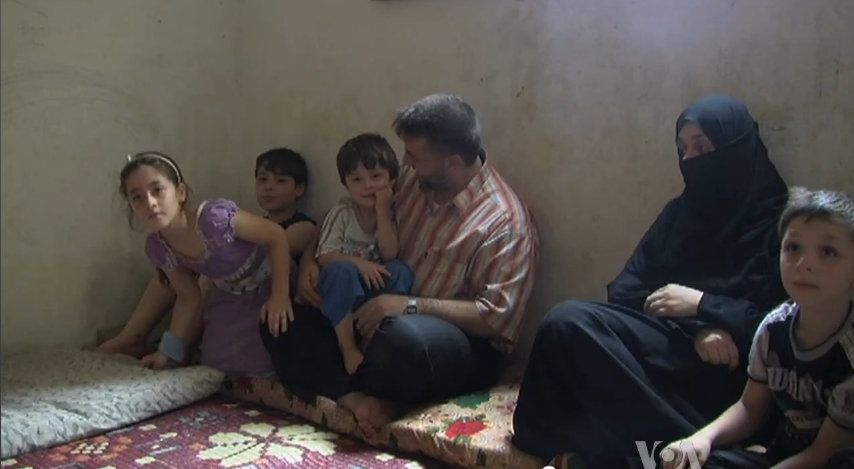About 300 refugees arrived in Rødby in southern Zealand yesterday. Only 64 of those requested asylum in Denmark and were transferred by bus to the Sandholm asylum centre. Another 166 people were accommodated at two hotels in Rødby and have said they plan to travel on to places like Sweden or Finland.
READ MORE: First wave of refugees hits Denmark
Local authorities said they had never experienced such an influx of refugees in one day. While there is not yet an overview of where the refugees came from, the majority seem to have made their way from Syria, with a handful from Iraq and Africa.
One group who tried to continue on their own along the railway tracks was stopped by police and taken to a hotel.
Some in the wind
John Andersen from South Zealand and Lolland-Falster Police said that some refugees may have slipped away.
“We cannot deny that some have slipped into the country,” Andersen told DR Nyheder. “But if so, it is because they do not want to be registered here and are moving on to other countries.”
DSB has instructed engineers to drive carefully along the tracks because refugees will most likely be following them while on their journey.
Plenty of room
Red Cross officials said there is room to receive hundreds of refugees seeking asylum.
“We purchased extra duvets and mattresses,” said Anne La Cour, the head of the asylum section of the Danish Red Cross, which is responsible for the operation of the Sandholm centre near Birkerød.
“There are a number of centres around the country that can be opened rapidly, so there are some places. It will be fine.”
Refugees also turned up in Funen and Jutland yesterday. Funen police reported that 15 out of the 21 refugees who arrived at Odense station have applied for asylum in Denmark.
Police are looking into what happened to the remaining six.
Moving on
Refugees are expected to continue turning up in Denmark, but Swedish police said they think most will view it as a halfway station, much like Hungary, and will then move on to seek asylum in Sweden and Norway.
While the number of asylum-seekers in Denmark is actually steady or less than in recent years, both Sweden and Norway are currently seeing numbers not seen since the Yugoslav Wars in the 1990s.
READ MORE: Breaking news: First wave of refugees hits Denmark
“I do not think there are many who want to stop in Denmark,” Swedish border police commissioner Leif Fransson told Jyllands-Posten. “Denmark is a transit country like Hungary.”
















